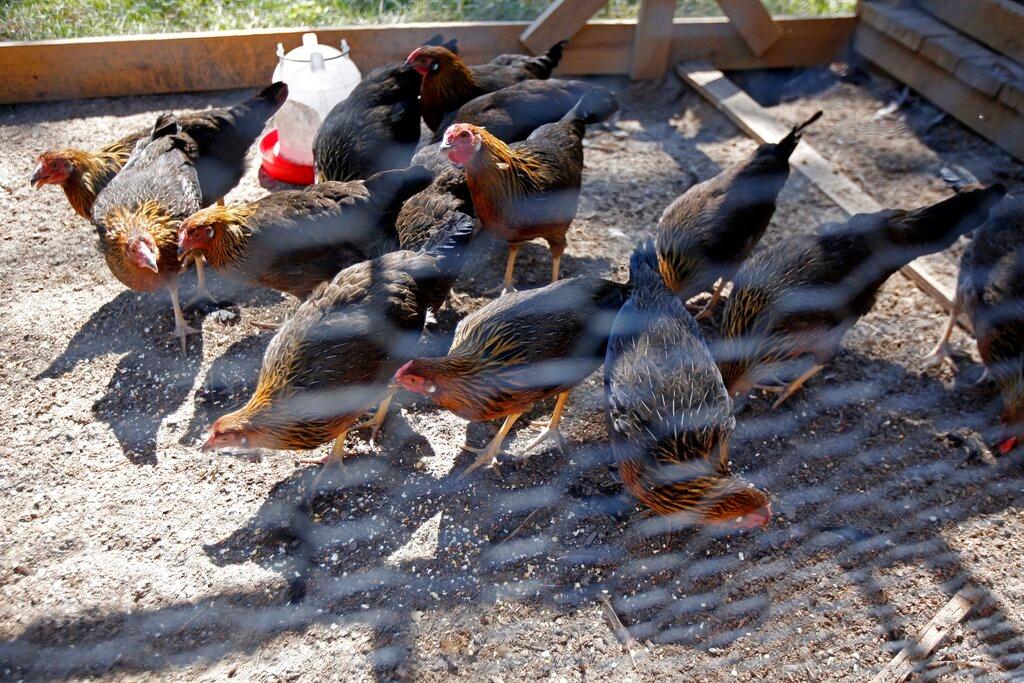Mississippi wildlife regulators Thursday warned hunters to be on the lookout for sick and dead birds across the state and surrounding states as an apparent outbreak of avian influenza is underway.
The Department of Wildlife, Fisheries and Parks, in a news release, said it has received many such reports over the past week as the virus — highly pathogenic avian influenza — has been found in some wild birds and domestic poultry.
“Most of the reports so far have involved sick or dead snow and Ross’s geese, but other species have also been impacted,” the department said.
Avian influenza is caused by the influenza type A virus which can infect poultry like chicken, turkey, pheasants, quail, domestic ducks, geese and guinea fowl as well as wild birds like waterfowl.
The infection risk to humans is low, but authorities recommend care be taken to minimize risk even further.
Waterfowl hunters are encouraged to harvest birds that act and look healthy; avoid eating, drinking or smoking while handling harvested birds; wear disposable gloves while processing the birds; harvest birds outdoors or in a well-ventilated area and wash hands, utensils, and surface areas thoroughly after processing the birds.
Sick or dead birds can be reported to USDA Wildlife Services at 662-325-3014, the wildlife department at 601-432-2199 or online via the Mississippi Board of Animal Health.
-Associated Press



